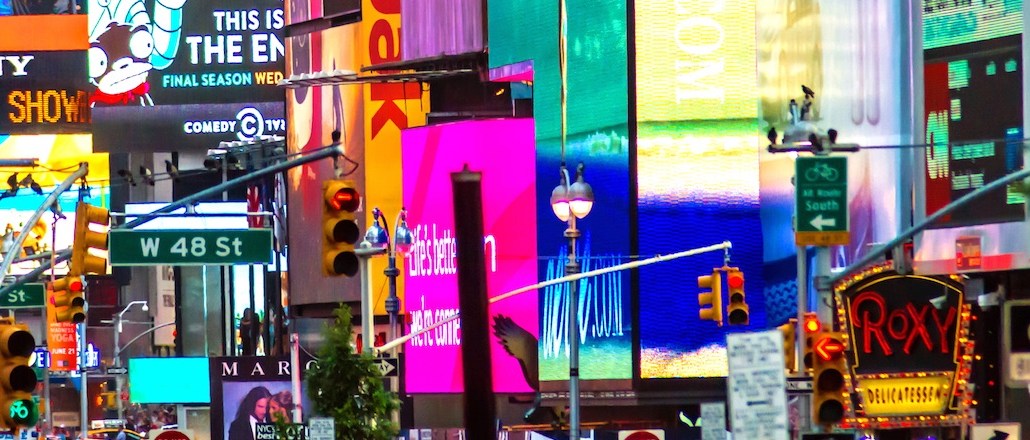Advertising Isnt a Science It Persuasion and Persuasion Is an Art
Copyranter: Advertizing is non a science. It never will be

Mark Duffy has written the Copyranter blog for x years and is a freelancing copywriter with 20-plus years of feel. His hockey wrist shot is better than yours.
In 1947, artistic director Bill Bernbach wrote a resignation letter to ad bureau Grayness New York. Two years afterwards, Bernbach started his own agency, which started the advert creative revolution that transformed the industry. And, as Bernbach predicted, Grey went on to go a hacky data-driven sweatshop — much similar your digital/tech agency, but bigger. You should read the letter.
Wait. What can tech gurus acquire from a 68-twelvemonth-old typewritten alphabetic character past a human who died in 1982, without ever using a calculator, even once?
First some brief background info for those not familiar with Bernbach or the work DDB did in the 1950s-1960s. The creative department he molded produced advertisement campaigns directly responsible for VW, Avis and American Airlines (amidst others) growing into the huge corporations they are today. Yes, they created corking ads, the best ads in the globe at the time. But the ads also sold magnificently.

Bernbach despised the "technicians" of advertisement. If you're the TL;DR type of techie, only read this judgement, out loud, at your desk-bound:
Advertising is not a science.
Read information technology again, out loud. Now, become to the nearest briefing room white board and write information technology 100 times, in scarlet ink. So, take a photo of the lath and mass e-mail it to all your contacts. After that, go ahead and order your headstone and brand it your epitaph. Don't worry it'll still be true 100 years from now.
Still refuse to read the letter? OK, I'll pull out the tidbits that directly apply to you and your ilk.
"At that place are a lot great technicians in advertising. And unfortunately they talk the best game. … They tin can give you fact later fact after fact. They are the scientists of advertising. Just there'southward i piddling rub. Advertising is fundamentally persuasion and persuasion happens to be non a scientific discipline, but an fine art."
Do you get what he's saying? Ads are not art, simply creating adept ads is.
"…look beneath the technique and what practise you find? A sameness, a mental weariness, a mediocrity of ideas. … It [is] like worshipping a ritual instead of the God."
Ritual worshipping — a perfect description of ad tech, and even of native advertising.
"[The] danger is a preoccupation with technical skill or the mistaking of technical skill for creative power. The danger lies in the temptation to buy routinised men who have a formula for advertising … that will not make u.s. stand out in competition but rather make us wait like all the others."
Not all advert techies are as "routinised" as you. James Britton, managing director of StinkDigital (a digital/tech agency) gets it: "If yous notice the technology first, truth is, the idea probably isn't good enough."
Ain't no "probably" virtually it: Content isn't king, and data isn't queen. The idea is king. And it isn't married to any technology.
But you optimizing, programmatic geniuses, allow me know when you create a bot that can create better ads than a skilful human artistic.

Banner image courtesy of Allen.G / Shutterstock.com
Source: https://digiday.com/marketing/copyranter-advertising-not-science-never-will/